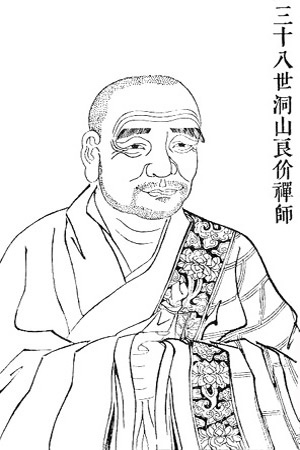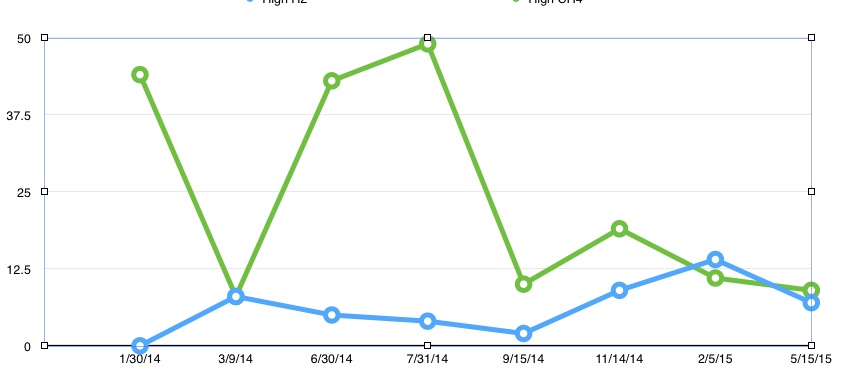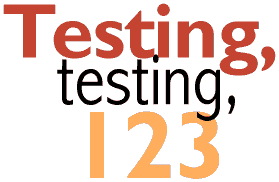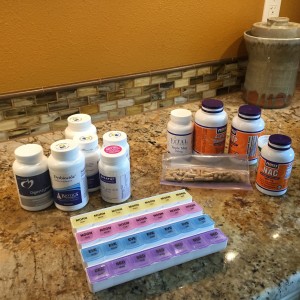After listening to a podcast with Jimmy Moore I decided to read through his book Cholesterol Clarity: What the HDL is Wrong with My Numbers? I did a skim read of the book but the real meat is the very end which gives you the testing guide and optimal ranges. How did I stack up on my last test?
Standard Lipid Profile
The Total number and LDL-C numbers are really kind of irrelevant according to Jimmy, it is the Triglycerides, HDL-C and the ratio of the two that matter the most. There I’m in good shape even though my total numbers look high.
Total Cholesterol Mostly irrelevant but should be 254 a bit high
250 or below for women and 220
or below for men
LDL-C 130 or below but higher levels 155 a bit high
are not necessarily relevant to
your heart health
HDL-C Above 50 is good but 70 or higher 91 great!
is best
Triglycerides 100 or below, under 70 is best 41 great!
Advanced Lipid Profile
This looks at the sizes of the particles
LDL-P Below 1000 nmol/L 1481 high
Small LDL-P less than 200 nmol/L, and 148 good!
20% or less of total LDL-P 10% good!
In general the markers that matter I’m good on, the ones that doctors look at but don’t seem to matter I’m showing high on. It it crazy that doctors are still looking at bad information and prescribing statin drugs based on these numbers.
It looks like my high numbers could be high for a couple of reasons that relate to my health in general and not my Paleo diet. In the Nine Reasons Why Cholesterol Levels Can Go Up chapter I have a few of them. These include:
- Consuming a low-carb, high-fat diet. This is my diet these days thanks to SIBO. Evidently there is a segment of the population whose LDL-P, LDL-C and Total Cholesterol numbers will spike on this diet and they don’t know why it happens. Still, it appears the Triglyceride and HDL-C numbers and particle size are the important numbers.
- Chronic Bacterial Infections. Well, yes, I have one and they have been shown to raise these numbers too.
- Weight Loss. Thanks to SIBO I’m still down 10-15 lbs from my optimal in great shape weight. My cholesterol numbers may just adjust themselves once my body fully adapts to the new set point.
One other thing I learned from the book which I found interesting is that Dr. Ornish’s famous study that recommended a Low-Fat Vegetarian Diet to reduce heart disease was very flawed. It was a 5-year study that never isolated diet since it also required lifestyle changes related to smoking and exercise that would have a huge impact. Not only that but 28 out of the 30 participants ended up having heart attacks or requiring heart surgery within the time of the study. That does not sound like a plan that took care of heart disease. I had just listened to Dr. Ornish promoting this study as part of the class I’m taking a few weeks ago.
 Catherine listens to a lot of podcasts and often recommends some to me. A few days ago she recommended one on How Illness Deepens Us by Michael Stone. I got through all the fluff yesterday and finally got to the meat of the talk today and could very much relate to one of the main koans used in the talk – Dongshan’s Illness. This is Case #98 in Dogen Zenji’s collection of 300 koans – The True Dharma Eye or Shobogenzo (not to be confused with The Treasury of the True Dharma Eye also called The Shobo Genzo. It is also found in several other koan collections and is Case #94 in The Book of Serenity.
Catherine listens to a lot of podcasts and often recommends some to me. A few days ago she recommended one on How Illness Deepens Us by Michael Stone. I got through all the fluff yesterday and finally got to the meat of the talk today and could very much relate to one of the main koans used in the talk – Dongshan’s Illness. This is Case #98 in Dogen Zenji’s collection of 300 koans – The True Dharma Eye or Shobogenzo (not to be confused with The Treasury of the True Dharma Eye also called The Shobo Genzo. It is also found in several other koan collections and is Case #94 in The Book of Serenity.


